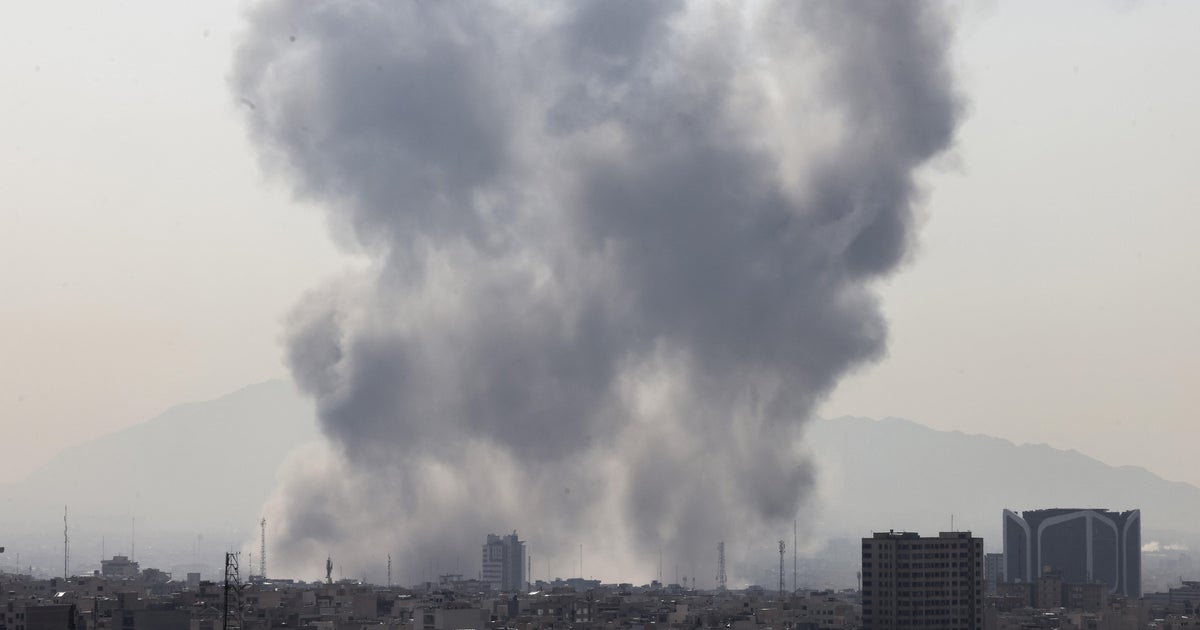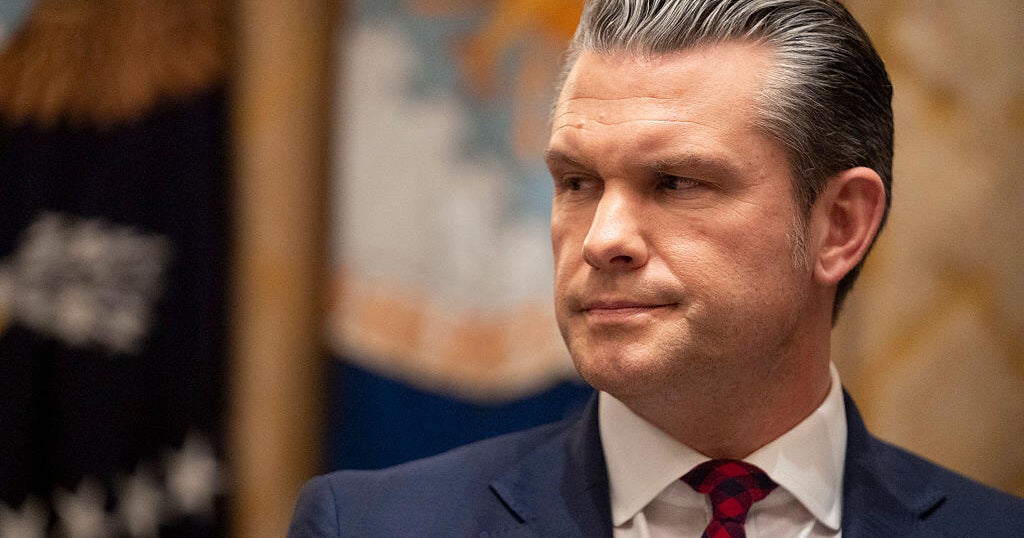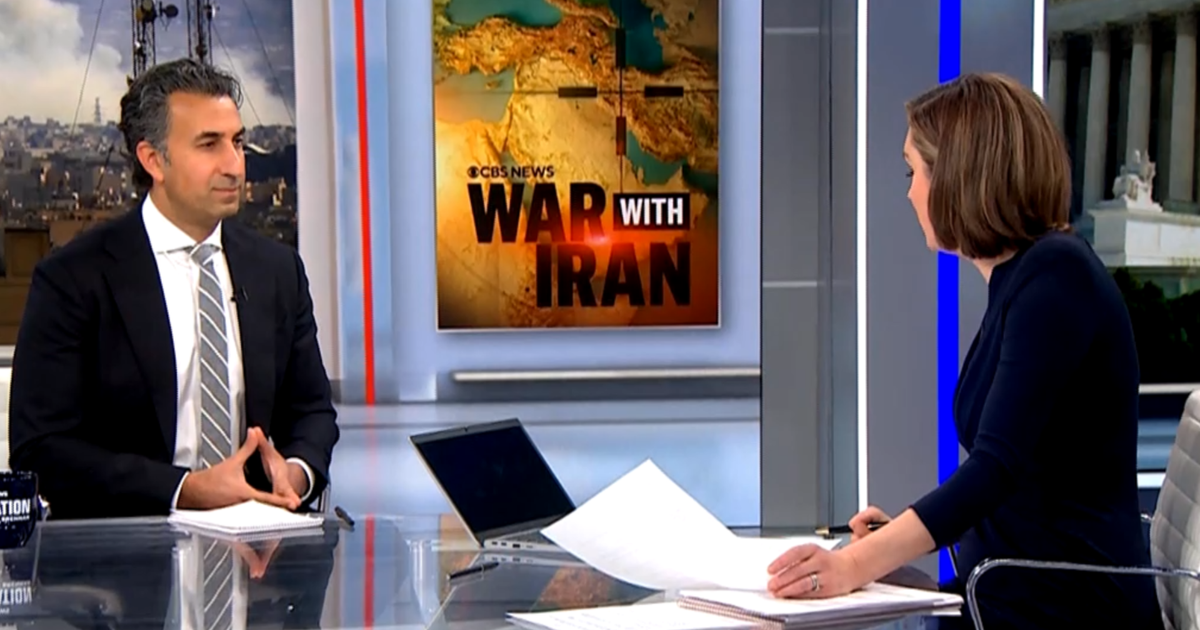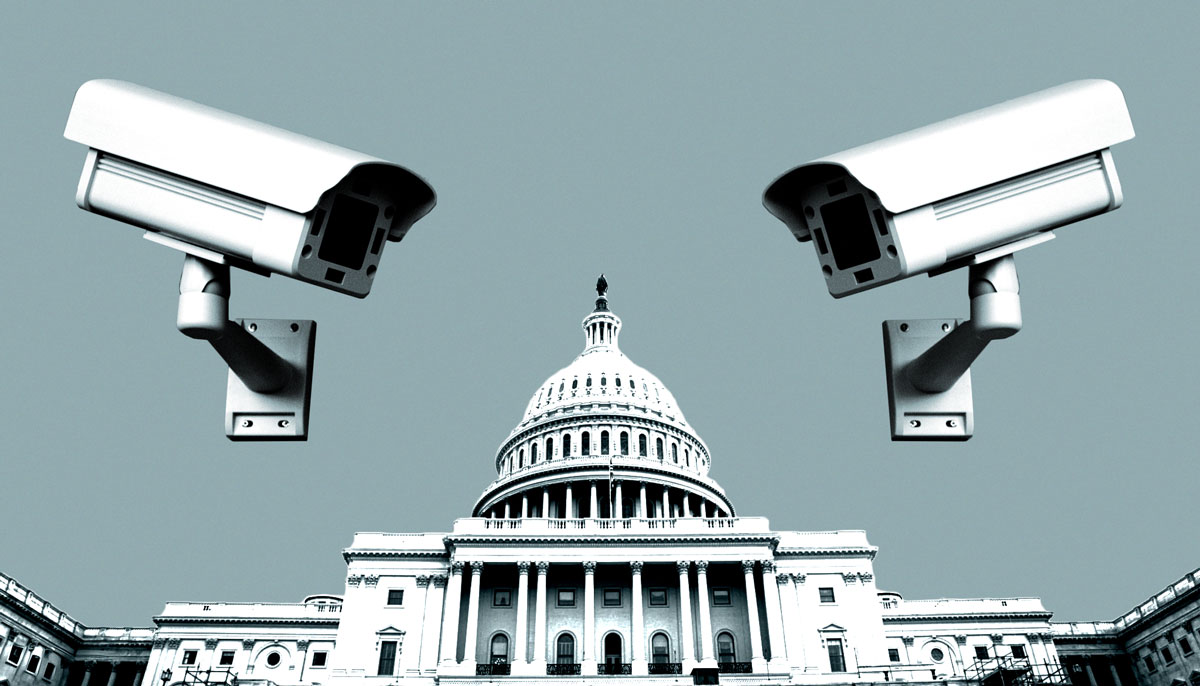State Department criticized for Irma response
Numerous current and former State Department officials are criticizing Foggy Bottom's response to Hurricane Irma, which has already affected thousands of Americans from Caribbean Islands.
Four diplomatic posts are currently being evacuated, although progress to help Americans on the ground has been slow. Veterans of the department say that a task force could have helped manage the disaster. A task force was only set up Friday morning, days after Irma hit portions of the Caribbean. While the State Department says that is consistent with previous practice, criticism has still come to the fore.
"It all should have started much earlier. It is no secret that there was a major hurricane barreling towards the Caribbean. State should have setup a task force last week, when they knew this was coming," said a former State Department employee.
A task force creates an operations center to focus on the specific disaster and gives support to Americans abroad. The department created task forces in the past to handle crises such as the Arab Spring and the 2011 tsunami in Japan.
Task forces also help inform Americans in the path of a storm on what they can do to get out. Yet in a break with past disasters, there have been very few State Department officials on local television to explain how Americans can get out and get help if they are facing dire circumstances due to Irma, one of the most powerful hurricanes on record.
The State Department pushed back on the criticism. "Standing up a task force is not the only indication that the Department is working diligently to address crises. Planning has been underway to determine how best to inform and assist U.S. citizens in the Caribbean as soon as we determined Hurricane Irma was a threat...we are working diligently across the U.S. government to explore every possible option to assist U.S. citizens in St. Maarten, and the broader Caribbean," said a State Department official.
Heather Nauert, State Department spokesperson, said that the department started to get ready for the task force over the weekend before the storm hit.
"On Sunday we began senior level engagement to coordinate posture at our posts and to make arrangements to evacuate personnel and US citizens. In effect we have been running a virtual task force since last Sunday," Nauert explained to CBS News. She added that there is a dedicated crisis management team in the operations center at the department.
As of Saturday afternoon, the State Department had coordinated with the Department of Defense to assist over 500 American citizens with air evacuations from St. Martin, beginning with those needing urgent medical care. As of Saturday evening, 1,200 Americans had been rescued from St. Martin/St. Maarten, according to the U.S. State Department.
"These operations will expand as weather conditions improve after Hurricane Jose passes the island," Nauert said.
Though things are working now, some current State Department employees say that lack of leadership is one reason that the reaction was slow to take root at the beginning of the week.
Some current State Department employees say that lack of leadership is one reason that the reaction has been so slow. Multiple employees point out that there is currently no Under Secretary of State for Management, who would typically be in charge of State's response to a storm of this magnitude.
"This would not have happened if [former Under Secretary Patrick Kennedy] were here — they know what phone calls to make. They know what has to be done. Instead everyone started off sitting on their hands saying we don't know what to do," says one State Department employee. The employee described the past week as a period of "last-minute mayhem" as State officials took calls from worried Americans in the Caribbean.
On the Caribbean Island of St. Maarten, the number of Americans stranded could be as high as 6,000, Homeland Security Adviser Tom Bossert said Friday. He also announced that the U.S. is in the process of planning the evacuations of those Americans, which has been made more difficult due to the lack of a U.S. consulate on the island.
Relatives of people stuck on St. Maarten took to social media to voice their complaints. John Elliott told CBS News that his brother Jack, a 30-year-old American citizen, called him Friday morning to inform him that he was stuck in the basement of the mostly-destroyed hotel Westin hotel with about 70 Americans. Jack, his brother said, is there with his wife on their honeymoon and they do not know when they will get out.
Vacancies among mid-level management at the State Department are also inhibiting the U.S. response to Irma, according to current and former officials. For example, there is no consular agent -- the person who coordinates evacuations and assistance to Americans who are stranded – in the Turks and Caicos, which was hit hard by the category-4 storm.
"We are continuing to monitor the path and also the impact of Hurricane Irma as the situation continues to evolve. We have no greater priority than the safety and security of U.S. citizens who are overseas," said State Department spokesperson Heather Nauert on Thursday.
The U.S. Agency for International Development (USAID) has activated Disaster Assistance Response Teams, known as DARTs, to help get assistance to those in need. These teams were sent to Haiti, the Dominican Republic, Barbados, and the Bahamas ahead of the storm.
"As the world's humanitarian leader, the United States remains committed to providing life-saving assistance when a disaster strikes. The U.S. Government remains in close communication with government and civil-society officials throughout the region to coordinate relief efforts," wrote Clayton McCleskey, USAID's spokesperson.



